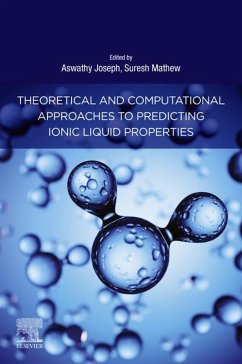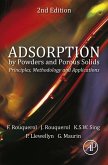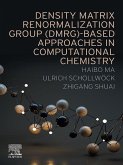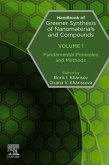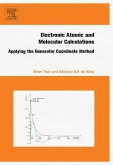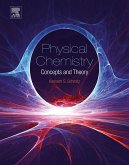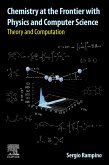Theoretical and Computational Approaches to Predicting Ionic Liquid Properties highlights new approaches to predicting and understanding ionic liquid behavior and selecting ionic liquids based on theoretical knowledge corroborated by experimental studies. Supported throughout with case studies, the book provides a comparison of the accuracy and efficiency of different theoretical approaches. Sections cover the need for integrating theoretical research with experimental data, conformations, electronic structure and non-covalent interactions, microstructures and template effects, thermodynamics and transport properties, and spectro-chemical characteristics. Catalytic and electrochemical properties are then explored, followed by interfacial properties and solvation dynamics.
Structured for ease of use, and combining the research knowledge of a global team of experts in the field, this book is an indispensable tool for those involved with the research, development and application of ionic liquids across a vast range of fields.
Structured for ease of use, and combining the research knowledge of a global team of experts in the field, this book is an indispensable tool for those involved with the research, development and application of ionic liquids across a vast range of fields.
- Highlights new approaches for selecting ionic liquids by combining theoretical knowledge with experimental and simulation-based observations
- Discusses how theoretical simulation can help in selecting specific anion-cation combinations to show enhanced properties of interest
- Compares the accuracy and efficiency of different theoretical approaches for predicting ionic and liquid characteristics
Dieser Download kann aus rechtlichen Gründen nur mit Rechnungsadresse in A, B, BG, CY, CZ, D, DK, EW, E, FIN, F, GR, HR, H, IRL, I, LT, L, LR, M, NL, PL, P, R, S, SLO, SK ausgeliefert werden.

